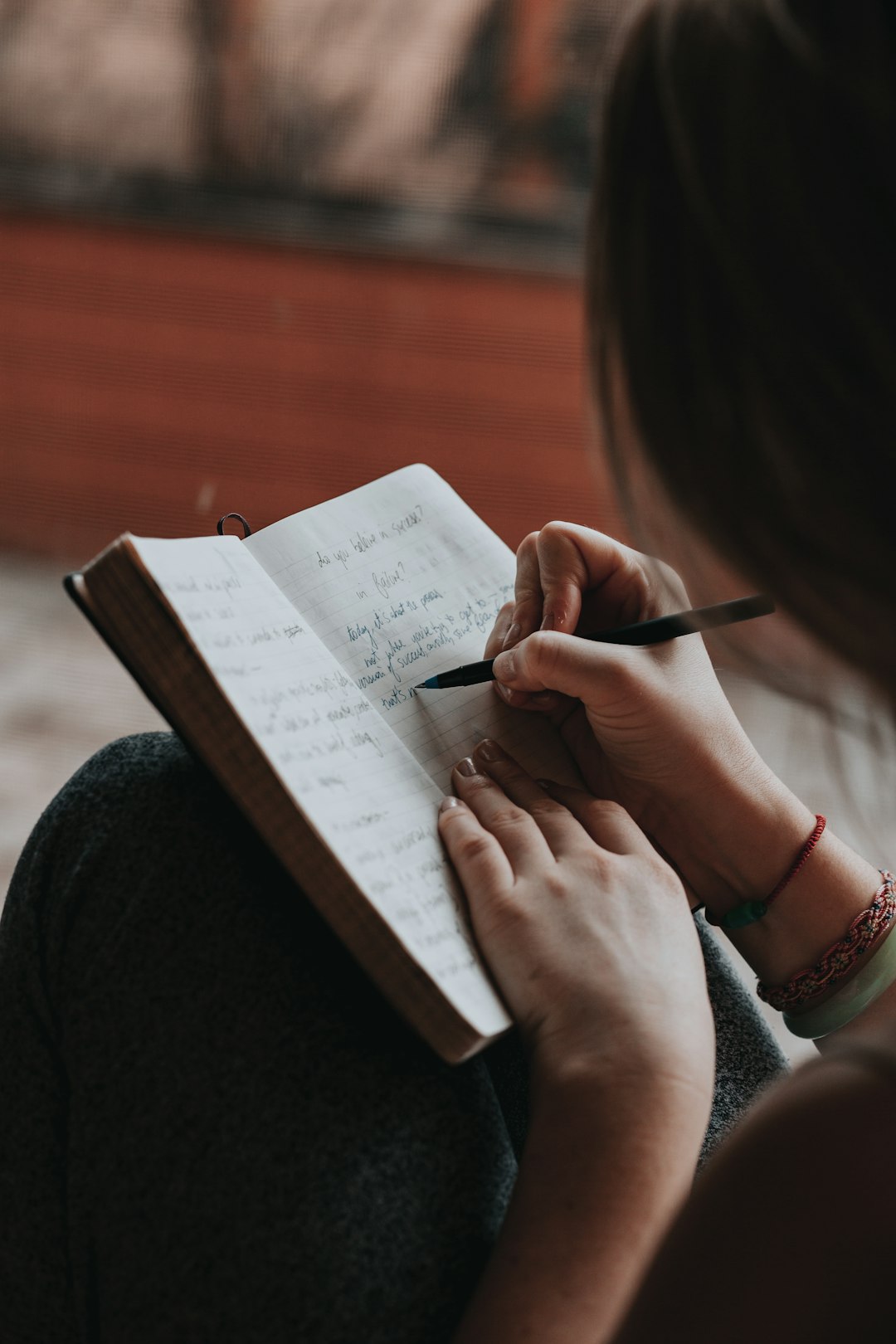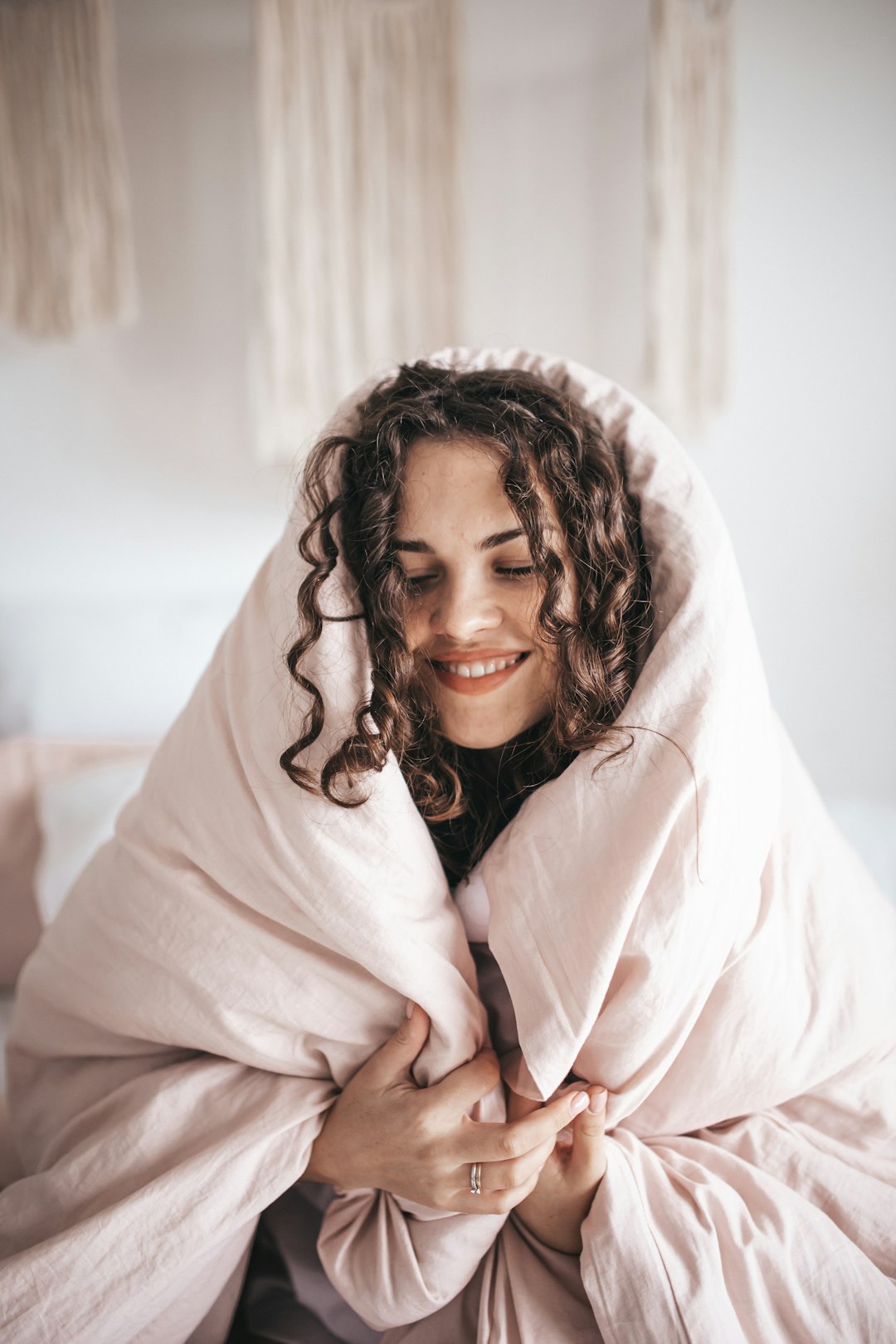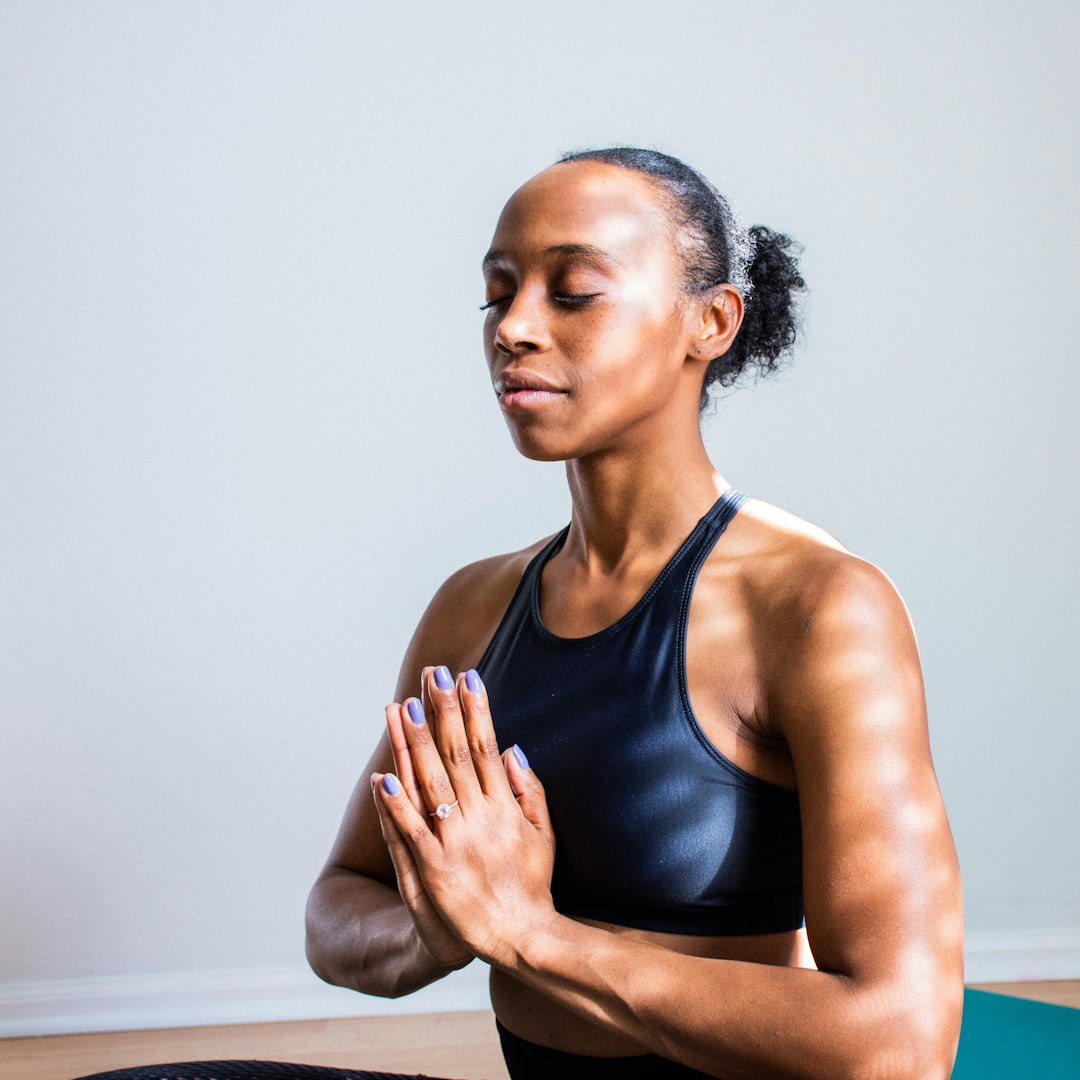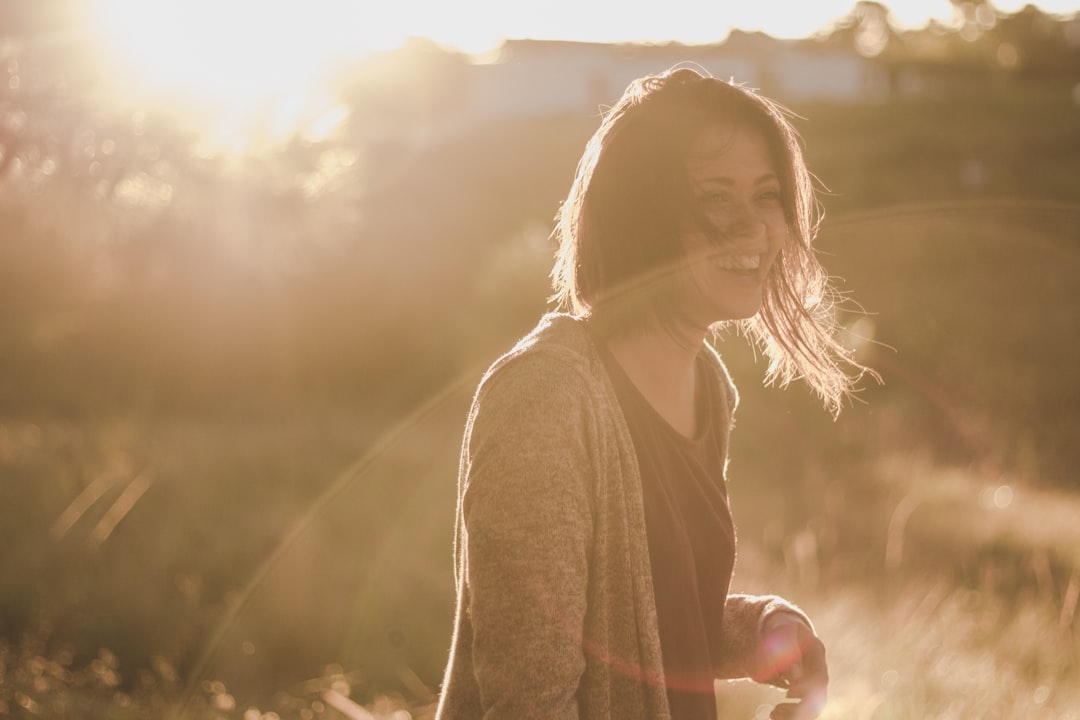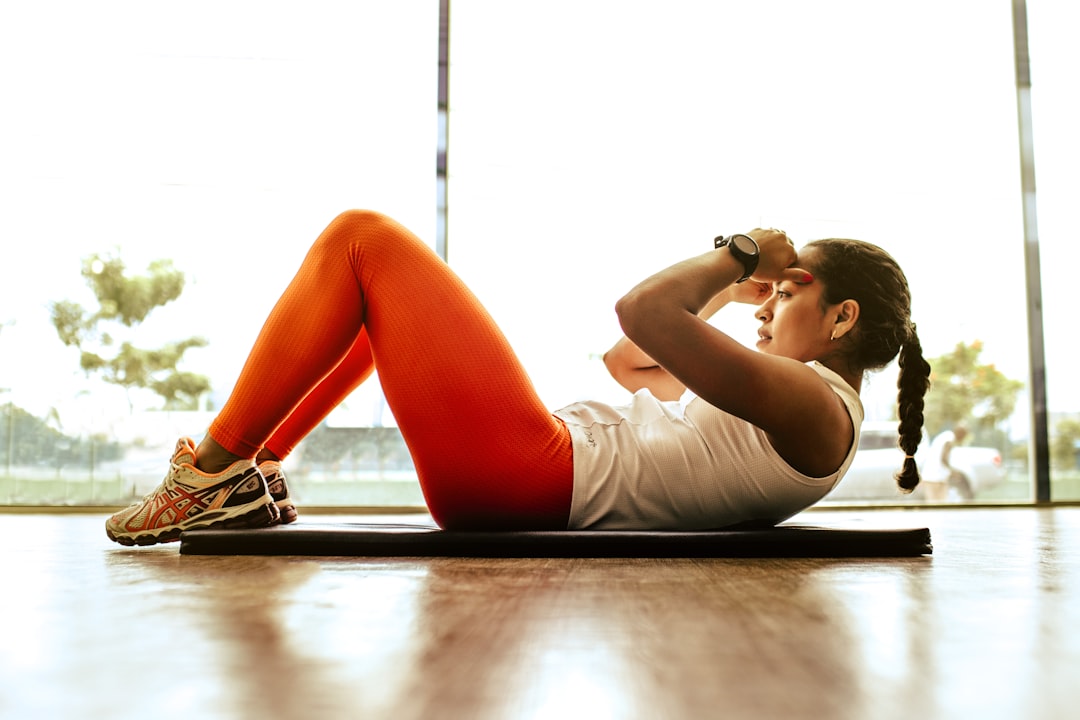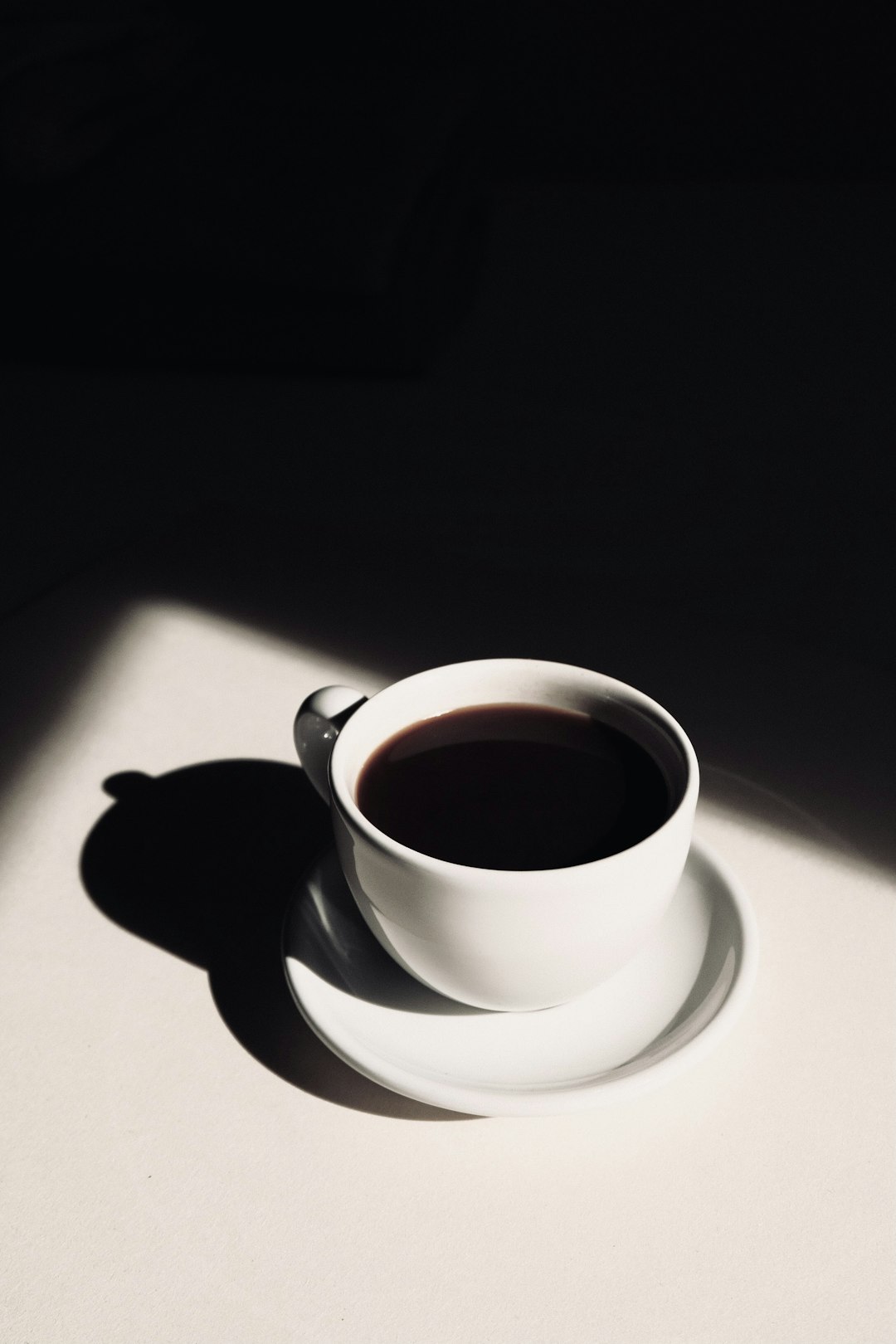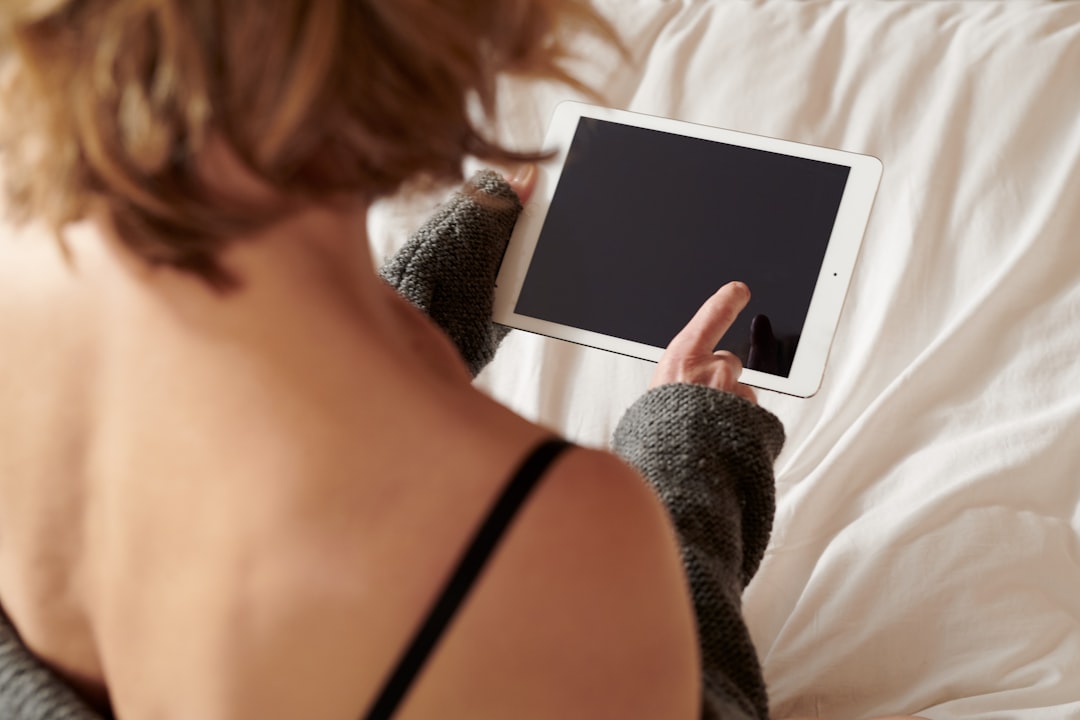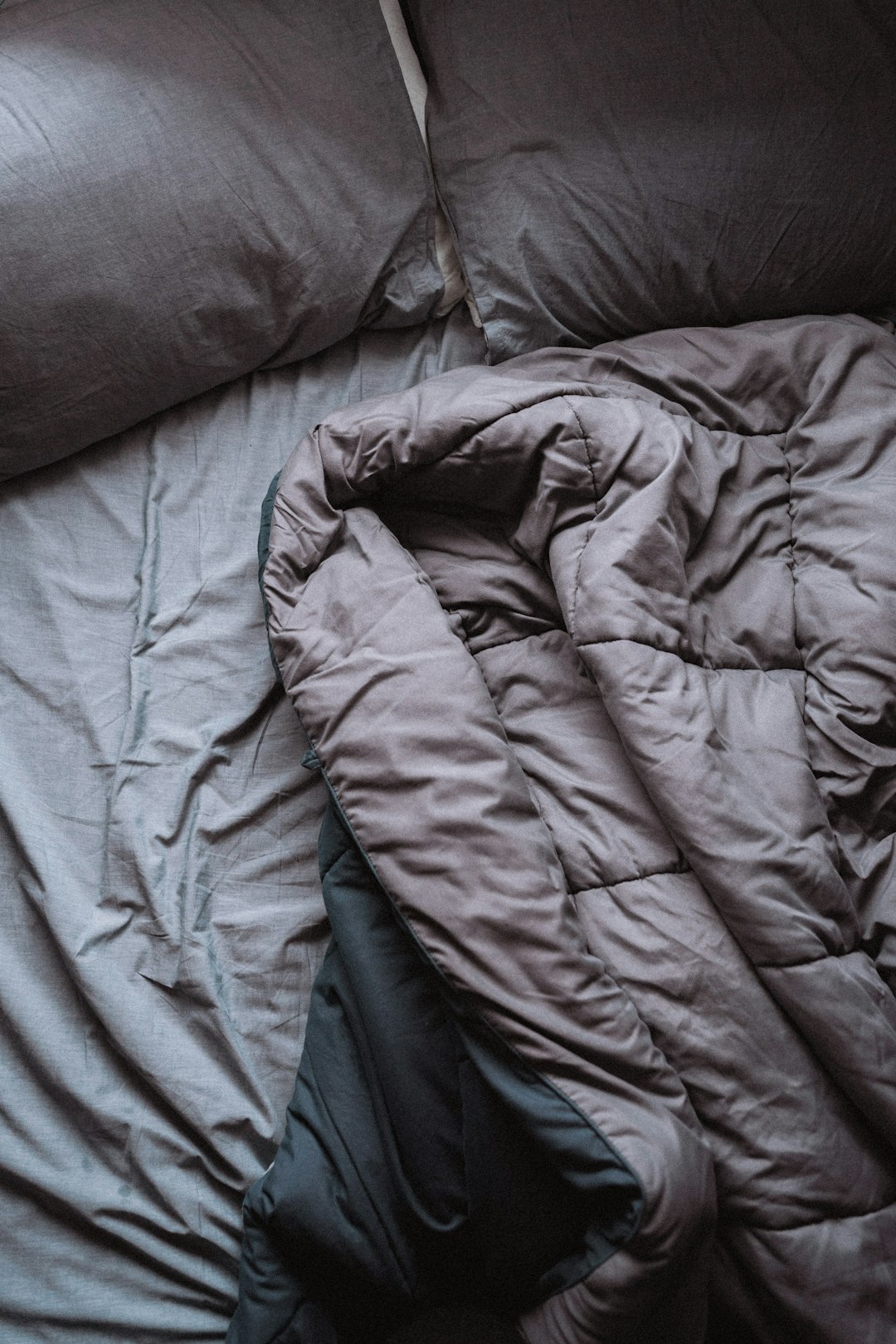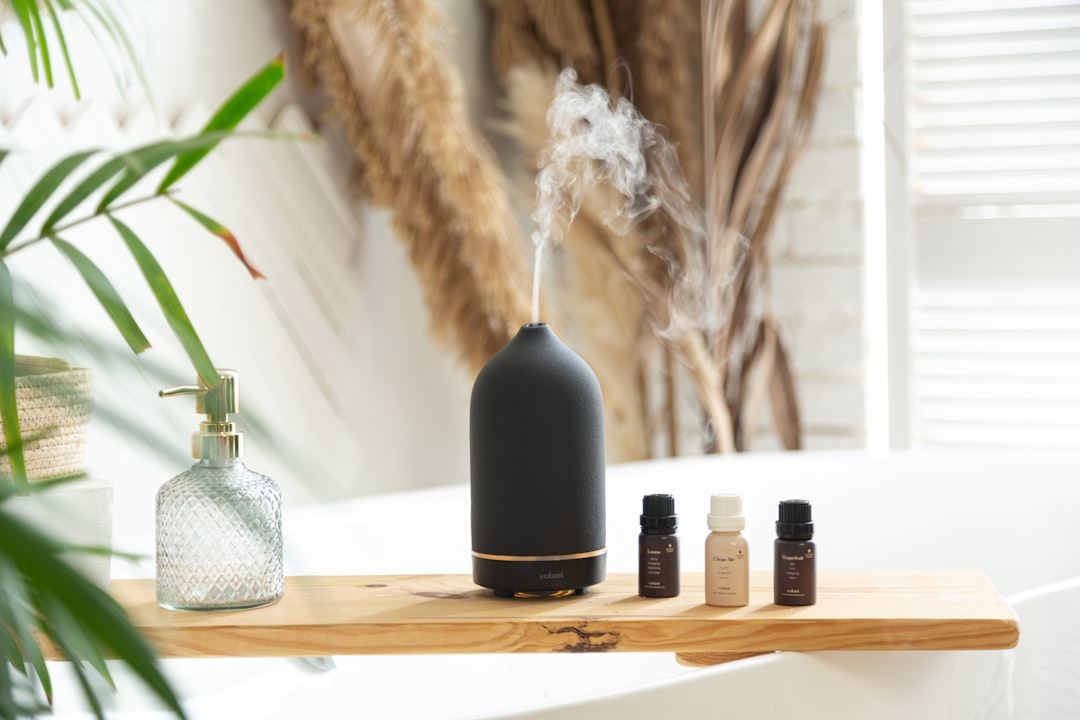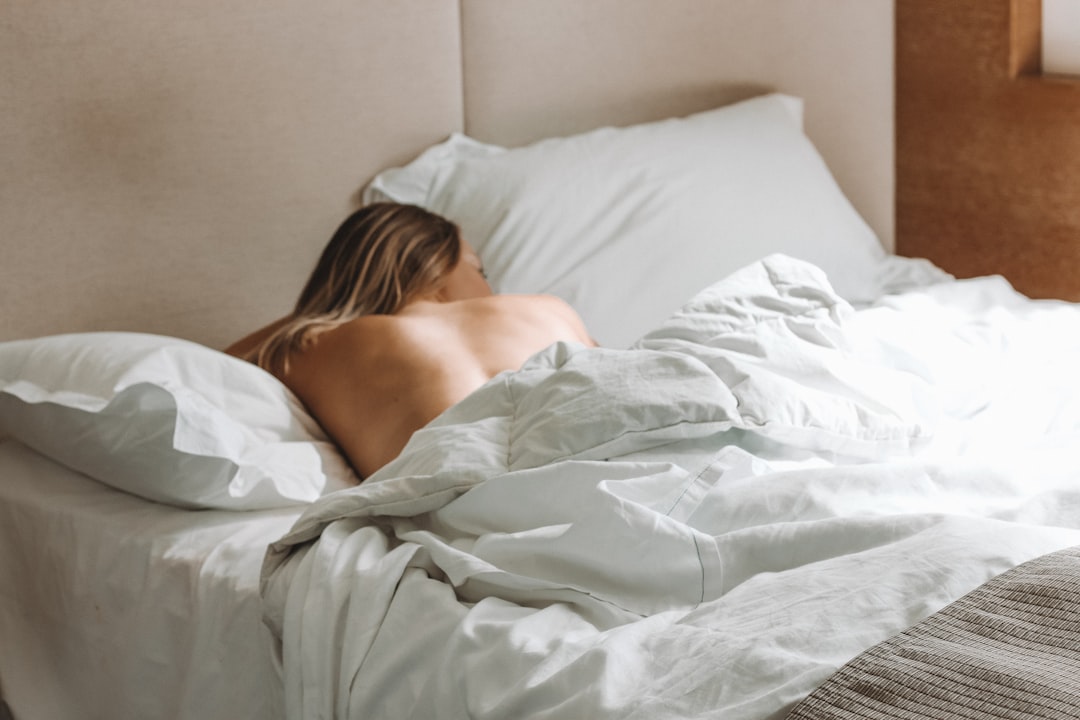18 Ways to Get Better Sleep Without Medication
Many adults in the United States have insomnia, but according to the American Academy of Sleep Medicine, one out of every 3 adults suffers from this problem.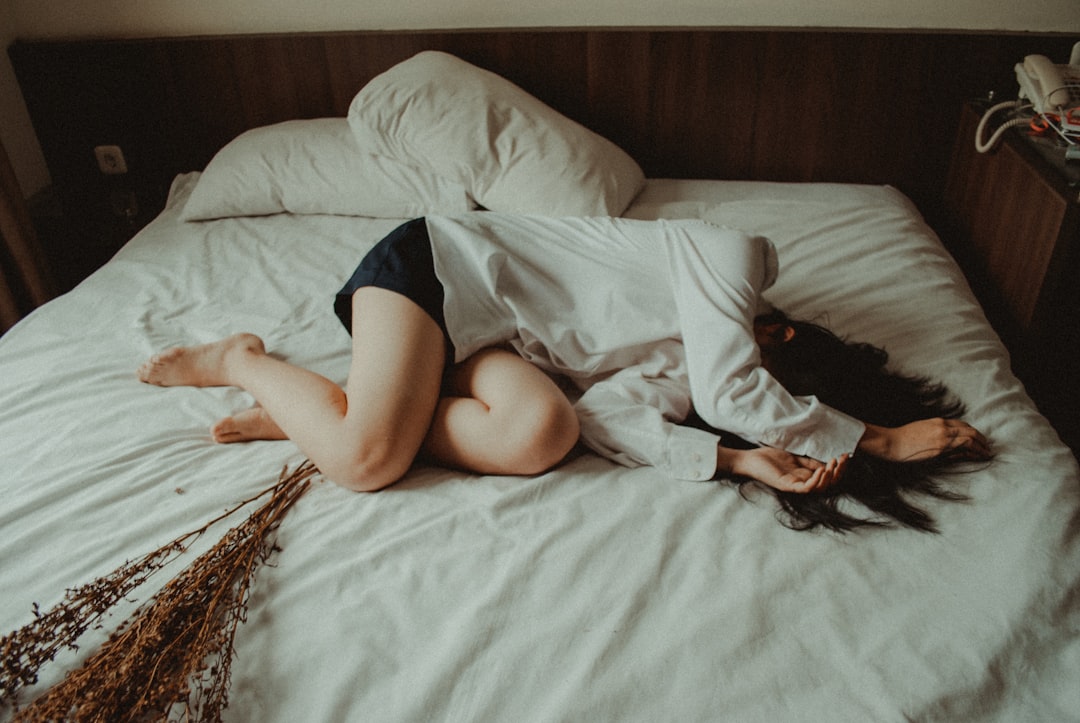
When you’re struggling with sleep, it can be tempting to reach for a sleeping pill. But if you’ve ever taken sleeping pills, you know they don’t always work and they may have side effects. So, if you want to get better sleep without medication, here are seven tips to try instead.
Get Out of Bed if You Can't Sleep
If you wake up at night and cannot get back to sleep, do something to take your mind off of it. Get out of bed and do a quiet activity that will let your mind relax and feel sleepy.
It's important to get out of bed so you don't have bad associations with your bed.
Try relaxing activities like sitting on your couch and meditating, reading a magazine, drawing, or anything else you enjoy doing. When you feel tired again, use that opportunity to get back into bed and sleep.
Let Go of Worries
Write down your thoughts, especially any worries you have, before you go to bed. It may be something you need to talk to someone about or something you want to do in the future. It could be a to-do list of things you need to get done over the next few days. Whatever it is, get it all down on paper. Worrying before bed can make it hard to sleep. Writing down your thoughts is proven to help.
Develop a Bedtime Routine
Establishing a healthy routine before bed will help you sleep. It may be something simple like brushing your teeth, reading a book, or listening to music. Food can have a powerful effect on how you sleep. Make sure your last meal of the day is not heavy.
If you have trouble falling asleep, try taking a bath before bed. Studies show that bathing can relax your muscles and ease your mind. Noradrenaline, a hormone that promotes relaxation, is released during a bath.
Yoga Nidra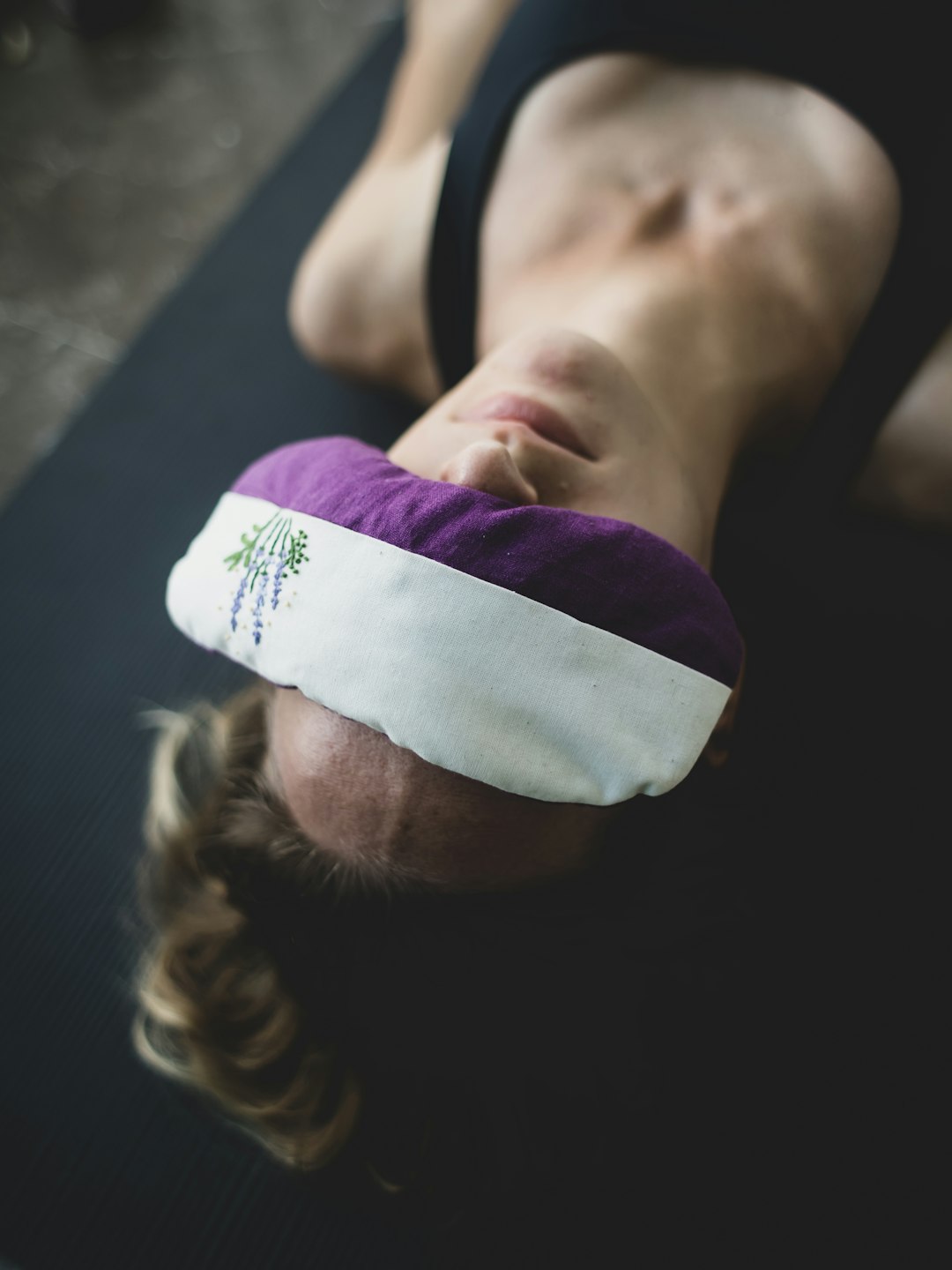
Yoga Nidra means "yogic sleep" or "yogic sleep-state." It is a yoga practice that promotes relaxation between waking and sleeping. Unlike a typical yoga class that includes a variety of different poses, Yogic Sleep involves lying in a corpse pose, or Shavasana. It can help you relax your body, quiet your active mind, and experience the joy of being in the present moment. Through Yoga Nidra, you can experience a deep state of rest and rejuvenation that is naturally therapeutic, and that fosters a sense of well-being and inner peace. It promotes increased vitality, improved concentration, and can boost creativity.
Meditate
Meditation is an excellent way to help with sleep. This is because meditation can help you relax your mind and body. It will help you to focus your mind and reduce stress and worry. The less worry you have, the easier it is to get to sleep. Meditation also helps the rhythmic relaxation of the body and helps you to think in a more positive way. Just taking a few minutes can help. You can try different types of meditation. Try to find one that you enjoy.
Practice Mindful Breathing
Like yoga and meditation, breathing exercises are great ways to relax your mind and prepare yourself for bed. Consider trying the 4-7-8 breathing technique. It involves breathing in for 4 seconds, holding your breath for 7 seconds, then exhaling fully for 8 seconds. While doing this exercise you need to focus on your breathing. This powerful breathing exercise is known to lower stress and anxiety. You might feel the difference instantly.
Alternate Nostril Breathing
According to the Ayurvedic tradition, when you breathe through your left nostril during sleep, it can help your body release more oxygen. If you're feeling congested, try alternating your nostrils and take a few breaths through your right nostril.
Progressive Muscle Relaxation
One of the most common ways to relax is through progressive muscle relaxation. It involves taking control over your body, focusing on your muscles, and relaxing them one by one. It is quite easy to do and this is how you do it:
- Start by getting into a comfortable position. It can be sitting down on a chair or in a bed. You can also lie down on your back if you like.
- Now, slowly start with the toes and relax them for about 10 seconds.
- Then, do the same for calves, shins, knees, thighs, hips, waist, chest, hands, and arms.
- While doing this, concentrate on the muscles being relaxed and visualize in your mind how they are getting relaxed.
- You can also place your hand on each muscle and notice how it’s becoming relaxed. Once you are done with the whole body, don’t forget to relax your head.
- Concentrate on breathing slowly and deeply.
- You can also visualize yourself in a serene and beautiful place.
- Spend 5 to 10 minutes on this exercise daily.
Get Sunlight
If you want to improve your sleep, get plenty of sunlight. Research shows that exposure to sunlight during the day improves your circadian rhythms, which is the process that regulates your sleep cycle. Sunlight can also boost serotonin levels, which is the hormone that makes you feel happier. And sunlight helps your body produce melatonin, which is a hormone that promotes sleep. So, when you spend your day in the sunshine, you'll have more energy, better moods, and more quality sleep.
Get Moving
Exercise helps your body get into the right rhythm for sleep. Exercise also reduces stress and improves your immune system. If you're struggling to get your exercise in, you can do an aerobic activity like walking or jogging. If you want to work on strength training, you can do push-ups, squats, or sit-ups.
Limit caffeine, alcohol, and sugar
Recent studies found that those who consume caffeine, alcohol, or sugar before bedtime are more likely to wake up during the night. This is because these substances can keep you alert and active. You can try to limit these substances in your diet. It is best to avoid them at least two hours before bedtime.
Avoid blue light
Blue light is a type of light that is emitted from phones, tablets, and computer screens. It has been shown to disrupt our sleep cycles, and if you're having trouble sleeping, you may want to limit the time you spend in front of a screen at night. Try turning off all electronic devices at least one hour before bed.
Weighted blanket
If you struggle with insomnia, you might find that having a weighted blanket helps you fall asleep faster and stay asleep longer. Studies show that having a weighted blanket helps regulate your body temperature and induce sleep.
Use Earplugs
Earplugs have been shown to improve sleep quality and decrease drowsiness during the day. One study found that people with sleep apnea who used earplugs for a week saw their total sleep time increase by 25 minutes. This is especially useful for those with noisy roommates or children.
Purify Your Air
Inhaling polluted air can affect your sleep. An international study found that when people spend more time in polluted areas, they have more sleep problems and are more likely to be diagnosed with sleep disorders. To keep your air clean, try using a HEPA filter in your room and opening your windows when the air outside is cleaner.
Create a sleep environment that makes you comfortable
If you're struggling to sleep because you're hot, it could be a signal that you need to adjust the temperature in your bedroom. Research has shown that sleeping in a cooler room can help you fall asleep faster and have a more restful sleep.
Light also often plays an important role in helping you relax and fall asleep at night. If you can't control the ambient light in your room, cover your light source with a sheet or towel. Turn off any light source that's too bright for your comfort.
Use aromatherapy
Aromatherapy is a great way to improve your mood and relax your body. It can be used to help you fall asleep or to reduce anxiety during the day. You can try using lavender oil for this purpose. Lavender oil is a natural anti-anxiety agent and a potent sedative. The aroma of lavender is shown to have an effect on the brain, making people more relaxed and calmer.
Go to Bed Between 9 pm and 11 pm
According to the Traditional Chinese Organ Body Clock, the ideal time to go to bed is anytime between 9 pm to 11 pm. This is based on a belief that every two hours corresponds to a different organ of the human body. Each time slot has its own special properties and 9 pm - to 11 pm is ideal for sleep. Many sleep experts have come to the same conclusion, recommending sleeping around 10 pm for a good night's sleep.
Additionally, going to bed and waking up at the same time each day is a good way to get a better night's sleep. It's easier for your body to go into a deep sleep when you're tired. Going to bed at the same time each night can also help your body prepare for sleep. It's also good for your circadian rhythm since it keeps you in sync with the day.
Conclusion
In summary, if you are struggling to sleep, there are a variety of ways that you can try to improve your quality of sleep. You don't need expensive gadgets or fancy methods to improve your sleep. Simply following these simple tips can help you get the sleep you deserve.
Sleep disorders are a problem that affects millions of people worldwide. It is estimated that there are about 30 million Americans who suffer from some form of sleep disorder. Many of these people are unaware that they have a sleep disorder, and many do not seek help. This is partly because they don’t know what their symptoms mean or how to treat them.
If you’re experiencing serious sleep issues, always contact and seek the advice of your health practitioner.
References:
Düzgün, G., & Akyol, A. D. (2017). Effect of Natural Sunlight on Sleep Problems and Sleep Quality of the Elderly Staying in the Nursing Home - PubMed. Holistic Nursing Practice, 31(5). https://doi.org/10.1097/HNP.0000000000000206
Effect of sunlight and season on serotonin turnover in the brain. (n.d.). The Lancet, 360(9348), 1840–1842. https://doi.org/10.1016/S0140-6736(02)11737-5
Fang, C.-S., Wang, H.-H., Wang, R.-H., Chou, F.-H., Chang, S.-L., & Fang, C.-J. (2021). Effect of earplugs and eye masks on the sleep quality of intensive care unit patients: A systematic review and meta-analysis - PubMed. Journal of Advanced Nursing, 77(11). https://doi.org/10.1111/jan.14914
Guarana, C. L., Barnes, C. M., & Ong, W. J. (2021). The effects of blue-light filtration on sleep and work outcomes - PubMed. The Journal of Applied Psychology, 106(5). https://doi.org/10.1037/apl0000806
Mead, M. N. (2008). Benefits of sunlight: a bright spot for human health. Environmental Health Perspectives, 116(4), A160-7. https://doi.org/10.1289/ehp.116-a160
Nikbakhtian, Reed, Obika, Morelli, Cunningham, Aral, & Plans. (2021). Accelerometer-derived sleep onset timing and cardiovascular disease incidence: a UK Biobank cohort study. European Heart Journal - Digital Health, 2(4), 658–666. https://doi.org/10.1093/ehjdh/ztab088
O’Callaghan, F., Muurlink, O., & Reid, N. (2018). Effects of caffeine on sleep quality and daytime functioning. Risk Management and Healthcare Policy, 11, 263–271. https://doi.org/10.2147/RMHP.S156404
Okamoto-Mizuno, K., & Mizuno, K. (2012). Effects of thermal environment on sleep and circadian rhythm. Journal of Physiological Anthropology, 31(1), 14. https://doi.org/10.1186/1880-6805-31-14
Scullin, M. K., Krueger, M. L., Ballard, H. K., Pruett, N., & Bliwise, D. L. (2018). The effects of bedtime writing on difficulty falling asleep: A polysomnographic study comparing to-do lists and completed activity lists. Journal of Experimental Psychology. General, 147(1), 139–146. https://doi.org/10.1037/xge0000374
Study shows weighted blankets can decrease insomnia severity - AASM. (2020, September 23). American Academy of Sleep Medicine. https://aasm.org/study-shows-weighted-blankets-can-decrease-insomnia-severity/
Yu, C.-P., Lin, C.-M., Tsai, M.-J., Tsai, Y.-C., & Chen, C.-Y. (2017). Effects of Short Forest Bathing Program on Autonomic Nervous System Activity and Mood States in Middle-Aged and Elderly Inspaniduals. International Journal of Environmental Research and Public Health, 14(8), 897. https://doi.org/10.3390/ijerph14080897
Yu, H., Chen, P., Paige Gordon, S., Yu, M., & Wang, Y. (2019). The Association between Air Pollution and Sleep Duration: A Cohort Study of Freshmen at a University in Beijing, China. International Journal of Environmental Research and Public Health, 16(18), 3362. https://doi.org/10.3390/ijerph16183362
Get your daily dose of wellness delivered straight to your inbox. Sign up now for our newsletter.
Disclaimer:
These statements have not been evaluated by the Food and Drug Administration. This product is not intended to diagnose, treat, cure, or prevent any disease.
The content is purely informative and educational and should not be construed as medical advice. Any opinion expressed should not be treated as a substitute for professional medical advice. By using this website, you accept our Terms & Conditions and Privacy Policy. We cannot guarantee the accuracy of the information presented at this site. This article is not intended to be used as a substitute for the diagnosis and treatment of any health problem or to prescribe any medication or other treatment. You should consult with your health care provider before starting any diet, exercise, or supplementation program, before taking any medication, or if you have or suspect you might have a health problem.
